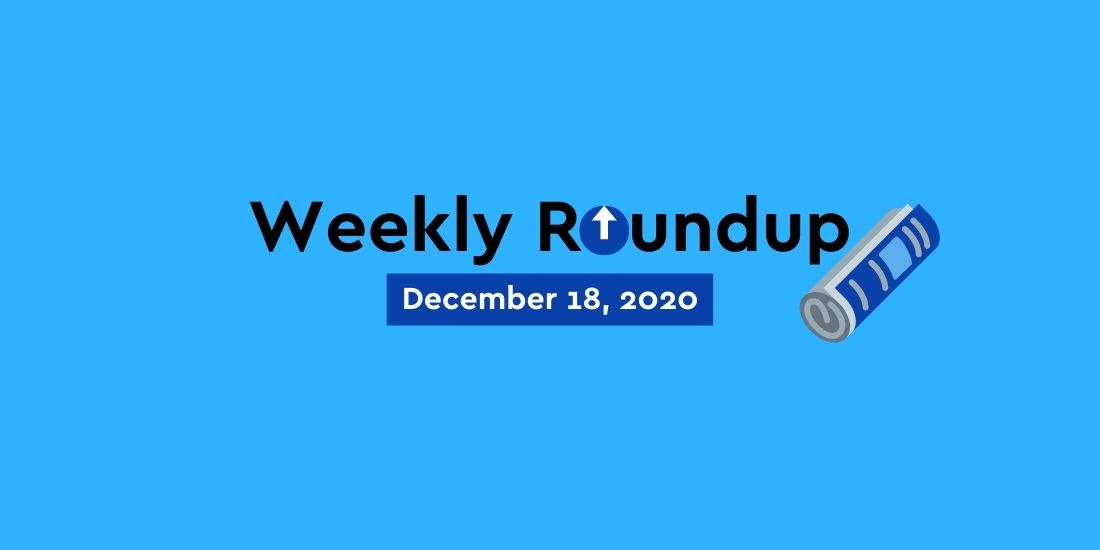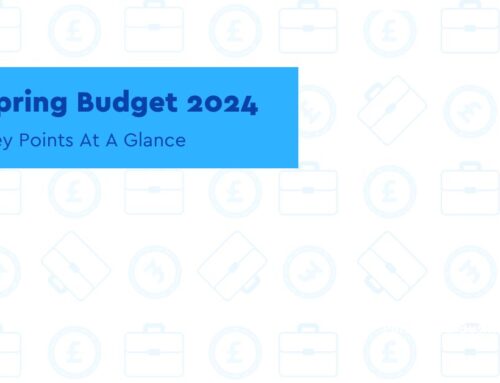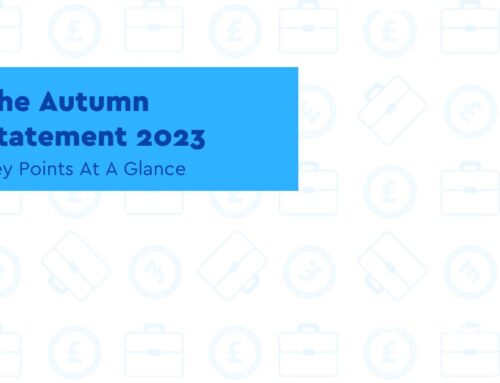Our round-up of the key business updates and insights for you
December 18, 2020
Welcome to our weekly wrap. This week we’ve rounded up the latest news and insights, including yesterday’s Economic Update from the Chancellor, 3 key business updates to look out for in January, the latest from the Treasury regarding SDLT and a round up of UK-wide business news.
Chancellor extends furlough and loan schemes
The Furlough Scheme has been extended until the end of April next year with the Government continuing to contribute 80% towards wages.
Chancellor Rishi Sunak said it will give businesses and employees across the UK certainty heading into the New Year. Employers will only be required to pay wages, National Insurance Contributions (NICS) and pensions for hours worked; and NICS and pensions for hours not worked.
The eligibility criteria for the UK-wide scheme will remain unchanged and these changes will continue to apply to all Devolved Administrations. The Chancellor, meanwhile, said he would review the employer contribution element of the CJRS in January.
Extending the CJRS until the end of April gives businesses certainty well ahead of the 45 day redundancy notice period, with the Budget setting out the next phase of support more than 45 days before the new end date of the scheme.
Business Loans
Businesses will also be given until the end of March to access the Bounce Back Loan Scheme, Coronavirus Business Interruption Loan Scheme, and the Coronavirus Large Business Interruption Loan Scheme. These had been due to close at the end of January.
Budget date confirmed
The Chancellor also confirmed that Budget 2021 will take place on March 3, and will provide further information on Covid-19 support packages.
The Budget will be published alongside the latest forecasts from the Office for Budget Responsibility. The last formal fiscal event was held on March 11, 2020.
The expectation had been for the Budget to be held in the Autumn of this year. However, as a result of the delay, the devolved governments also pushed back their fiscal events. The Welsh Assembly is now set to publish its draft Budget on December 21 and the Scottish Government has postponed its Budget until January 28, 2021.
Important business updates you should look out for in January
Self Assessment deadline
The deadline for self-assessment taxpayers is January 31. This year is different in one important way, though. If you think you’ll struggle to pay your tax bill before the January 31 deadline, you can come to a Time to Pay arrangement with HMRC to settle your bill in instalments over the next 12 months.
You can use the service if you owe up to £30,000. If you owe more, you’ll have to ring HMRC.
If you can pay your bill though, you should, because the service is meant for those in financial difficulty, while interest will also be added to your balance from February 1, making your bill more expensive.
End of Brexit transition period
The Brexit transition period ends on December 31. This means that from January 1, 2021, there are new rules to follow if you’re:
- Importing goods from the EU
- Exporting goods to the EU
- Moving goods to or from Northern Ireland
- Travelling to the EU
- Living and working in the EU
- Staying in the UK if you’re an EU citizen
You can use the Government’s Brexit checker here to get a personalised list of actions you need to take for you and your business.
Third SEISS grant
The third SEISS grant covers November to January and is available until January 29, 2021.
It’s worth 80 per cent of your average monthly trading profits, up to a £7,500 cap.
If your business is being significantly impacted by coronavirus and is suffering from reduced profits, you may be eligible, and although you need to have been eligible for the previous SEISS grants, you don’t need to have actually claimed them.
The fourth – and final – payment covers February to April, but there aren’t any details about the level it’ll be set at, or when you can apply.
Treasury: No extension to stamp duty holiday
The Treasury this week announced that there will be no extension to the Stamp Duty Land Tax (SDLT) holiday, with the deadline looming for March 31, 2021.
Petitions began to be created imploring the government to extend this break for many, as backlogs will prevent people from completing their transactions before the deadline. One petition was signed by more than 22,000 people, hitting the threshold of 10,000 and prompting a government response.
The Treasury said the stamp duty holiday was designed to be a ‘temporary relief’ to stimulate market activity and support jobs that rely on the property market.
It did, however, confirm that it will maintain the stamp duty relief for first-time buyers which increases the starting threshold of residential SDLT to £300,000 for property purchases below £500,000.







